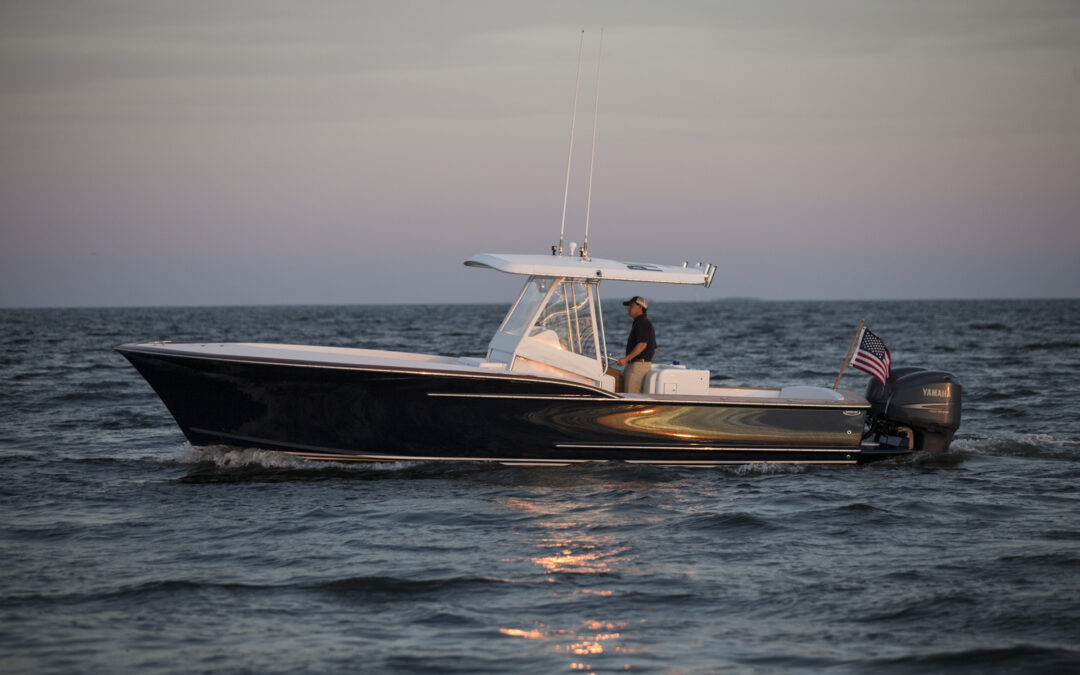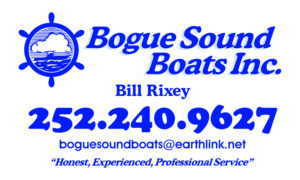Introduction
Boating 101 – So, you’ve decided to take the plunge into the exciting world of boating! Whether you dream of peaceful fishing trips, thrilling water sports, or relaxing sunset cruises, owning a boat can open up a whole new world of adventure. But before you set sail, it’s essential to understand the key aspects of boat ownership to ensure a smooth and enjoyable experience. From choosing the right boat to handling registration and maintenance, this guide will walk you through everything you need to know before buying your first boat.
Finding the Perfect Fit: How to Choose a Boat That Matches Your Boating Lifestyle
Choosing the right boat is boating 101 first step and one of the most important decisions you’ll make as a first-time owner. With so many types and models available, it’s essential to consider your specific boating needs before making a purchase.
First, think about how you plan to use your boat. Are you interested in fishing, watersports, cruising, or simply relaxing on the water? Fishing enthusiasts might prefer a center console or bass boat, while thrill-seekers may lean toward a speedboat or wakeboard boat. If leisure and comfort are your priorities, a pontoon or cabin cruiser may be the best option.
Next, consider the size of the boat. Smaller boats (under 20 feet) are easier to handle, store, and transport, making them a great choice for beginners. However, if you plan on entertaining guests or venturing into open waters, a larger boat with more amenities might be ideal.
Another critical factor is the type of water you’ll be navigating. Lakes and calm rivers allow for a wider variety of boats, while ocean boating requires sturdier vessels designed to handle waves and rougher conditions.
Finally, set a budget that includes not only the boat itself but also accessories, storage, maintenance, and insurance. Doing thorough research and even test-driving different boats before purchasing will help ensure that you find the perfect fit for your boating lifestyle.
New vs. Used Boats: Weighing the Pros and Cons Before You Buy
One of the first decisions you’ll face when buying a boat is whether to go for a brand-new vessel or a pre-owned one. Both options come with their own advantages and disadvantages, so it’s important to weigh them carefully.
The Case for Buying New
Purchasing a brand-new boat means getting the latest technology, modern design, and a warranty that provides peace of mind. New boats typically require less maintenance initially and come with fewer hidden issues. Additionally, you have the option to customize features to your preferences. However, new boats come at a premium price and depreciate quickly, much like a new car.
The Benefits of Buying Used
On the other hand, buying a used boat can save you a significant amount of money. Since boats depreciate most in their first few years, you can get a high-quality boat for a fraction of the cost. Additionally, older models may have a track record of reliability, and sellers often include extra gear or accessories in the sale. However, used boats may require more maintenance, and it’s crucial to have a professional inspection before purchase to avoid costly repairs.
Ultimately, boating 101 decisions depends on your budget, experience, and comfort level with potential maintenance. Whether you buy new or used, always do your due diligence before finalizing your purchase.
Boating 101: Registration, Insurance, and Docking – What You Need to Know Before Setting Sail
Before hitting the water, you’ll need to take care of the necessary paperwork and logistics to ensure you’re legally compliant and fully prepared.
Registering Your Boat
Most states require boats to be registered, much like a car. Registration laws vary by state, so check with your local boating authority for specific requirements. You’ll typically need proof of ownership, a bill of sale, and payment for registration fees.
Understanding Boat Insurance
Boat insurance is not legally required in every state, but it is highly recommended. Insurance protects against damage, liability, and theft. Policies vary, so consider factors like coverage limits, deductibles, and whether your boat is covered on land and water.
Finding the Right Docking and Storage Options
If you’re not trailering your boat, you’ll need to secure a docking space. Marina slip fees vary based on location and amenities. Some boaters opt for dry storage or boat lifts to protect their vessel from the elements. During winter months, proper storage is essential to prevent damage and keep your boat in top condition for the next season.
The First-Time Owner’s Boating Checklist: Preparing for Your Maiden Voyage
Once your boat is ready, it’s time to prepare for your first adventure on the water. Boating 101 starts with having a well-organized checklist to ensure you’re fully equipped for a safe, enjoyable, and stress-free trip. Proper preparation helps prevent unexpected challenges and enhances your overall experience.
Essential Pre-Departure Checklist:
1. Safety Equipment
Safety should always come first when heading out on the water. Ensure you have:
✔️ Life jackets for every passenger, including properly fitted ones for children.
✔️ A fire extinguisher in good working condition.
✔️ A first aid kit stocked with bandages, antiseptics, and any necessary medications.
✔️ Distress signals, such as flares, an air horn, and a whistle, in case of emergencies.
✔️ A marine radio or waterproof cellphone case for emergency communication.
2. Navigation Tools
Even if you’re familiar with the waterway, having proper navigation tools is essential:
✔️ A GPS system to track your location and destination.
✔️ Maps and nautical charts of the area in case of electronic failures.
✔️ A compass as a backup for navigation in case of power loss.
3. Essential Boating Gear
Prepare for docking, anchoring, and any unexpected issues:
✔️ Dock lines and rope for securing your boat.
✔️ An anchor and chain suited for your boat size and water conditions.
✔️ Bumpers/fenders to protect your boat when docking.
✔️ A basic tool kit with wrenches, screwdrivers, and spare fuses for minor repairs.
✔️ Extra batteries and flashlights for nighttime visibility.
4. Legal Documents
Having the necessary paperwork on board is both a legal requirement and a smart precaution:
✔️ Boat registration and proof of ownership.
✔️ Insurance documents in case of accidents or damages.
✔️ Any required boating permits or fishing licenses.
5. Fuel and Fluids Check
Running out of fuel or forgetting essential fluids can ruin a trip:
✔️ Check fuel levels and always carry extra if possible.
✔️ Inspect and top off engine oil, coolant, and hydraulic fluid.
✔️ Ensure your bilge pump is functioning properly.
✔️ Bring freshwater supplies for drinking and cleaning.
Final Pre-Launch Inspection
Before pushing off, do a final walk-through of your boat. Look for any signs of leaks, ensure all passengers understand safety protocols, and check the weather forecast for any potential changes.
By double-checking these essentials before each trip, you’ll set yourself up for a smooth, hassle-free boating experience. Whether you’re cruising the Intracoastal Waterway, fishing, or simply enjoying the open water, proper preparation ensures you can focus on the adventure ahead.
Boating 101 – Upkeep and Long-Term Ownership Tips – How to Protect Your Investment
Owning a boat is a rewarding experience, but it also requires ongoing maintenance to keep it in top shape. Regular upkeep extends your boat’s lifespan and helps prevent costly repairs.
Routine Maintenance
Performing regular engine checks, cleaning your boat after each use, and inspecting electrical systems can prevent breakdowns. Keep up with manufacturer-recommended maintenance schedules to keep your boat running efficiently.
Seasonal Storage and Winterization
If you live in a region with cold winters, properly winterizing your boat is essential. Draining water systems, adding antifreeze, and covering your boat will help prevent damage during the off-season.
Keeping Your Boat Looking Great
Regular waxing and hull cleaning protect against sun damage and algae buildup. Investing in a good-quality cover can also help maintain your boat’s appearance.
By taking good care of your boat, you’ll enjoy years of trouble-free boating and maximize its resale value.
Conclusion
Buying your first boat is boating 101 and is an exciting milestone that opens the door to countless adventures on the water. By understanding how to choose the right boat, weighing new vs. used options, handling registration and insurance, and maintaining your investment, you’ll set yourself up for a fantastic boating experience. Whether you’re fishing, cruising, or exploring new waters, boating offers endless opportunities for fun and relaxation.
Ready to find the perfect boat? Contact Us or call Bill Rixey at Bogue Sound Boats today at 252-240-9627 and let the adventure begin!


